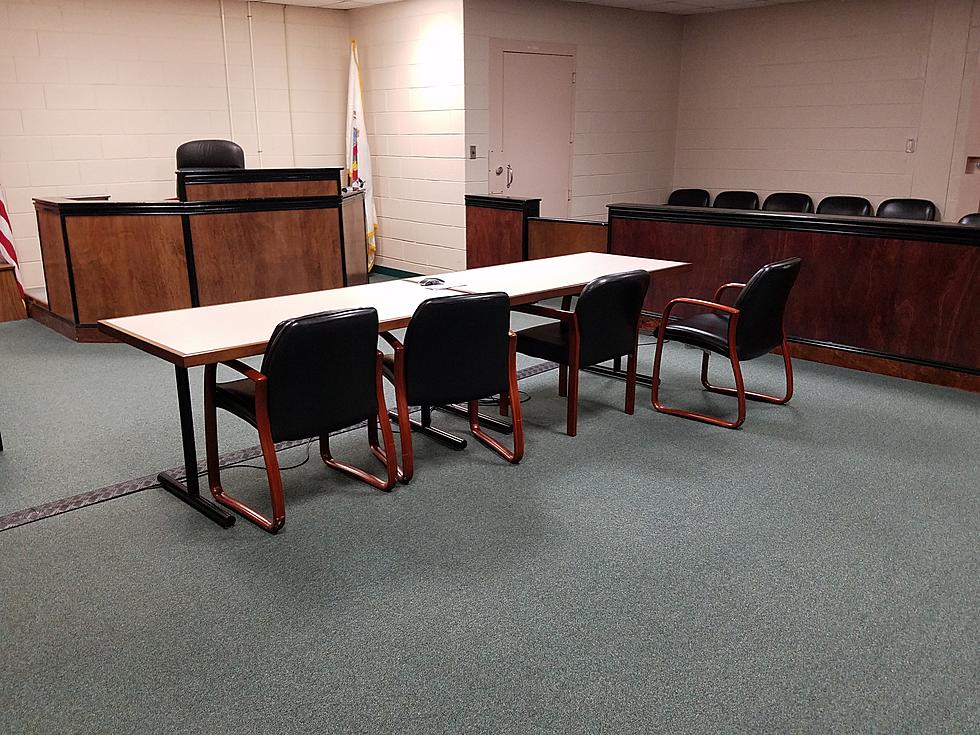
Report: Cell Phone Bills Weighed down by Taxes, Fees
Ever take a good, in-depth look at your monthly cell phone bill? If the answer is no, keep it that way and save yourself the frustration.
In some states, according to a recent Tax Foundation report, nearly a quarter of consumers' bills are taken up by taxes, fees and government charges. The federal charge is the same in every state, but the extras vary drastically when you include the state and local tax burden.
"In New Jersey, the state and local wireless taxes are 8.8 percent, and when you add on the federal taxes, it adds up to nearly 15 percent," said Joseph Henchman, vice president of legal and state projects for the Tax Foundation.
The report found a number of states dealing with wireless taxes and fees that are more than two times higher than the state's sales tax rate.
"So you're paying 7 percent when you buy the phone, but paying 14.6 percent every month on the service," Henchman added.
Overall the report found that Americans pay an average of 17.05 percent in combined federal, state, and local tax and fees on wireless service.
New Jerseyans, though, could be considered lucky. In Washington and Nebraska, combined taxes and fees amount to more than 24 percent of a user's bill. New York, Illinois and Florida also ranked high for combined taxes and fees.
Nevada, Oregon, Montana, West Virginia and Idaho are the five states with the lowest state-local rates.
Also, the list of extras in New Jersey is miniscule compared to other states. Beyond the state sales tax, New Jerseyans are charged a fee to keep the 911 system afloat. In New York, nearly a dozen charges are tacked on to each bill.
Henchman said in many cases, these add-ons are worded in a way that no normal consumer would understand.
The group said phone service is still being taxed as a luxury, but it's an absolute necessity for so many people.
More From 92.7 WOBM










